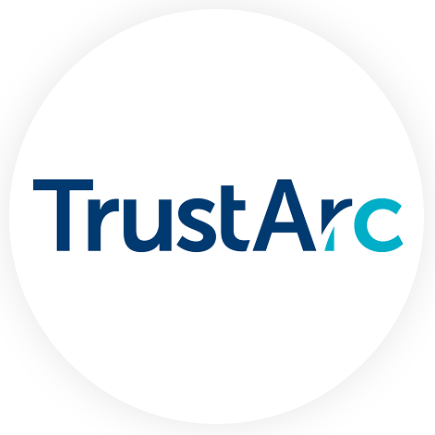You receive a call from an unknown number.
Since you were expecting a phone call from customer service, you pick it up only to receive this message:
Hi, I’m Joe Badger from Microsoft in Portland, here to inform you that your laptop has been compromised by hackers and is now being used to mine for Bitcoins.”
Thinking it’s a joke, you check your laptop and are greeted with a security alert. Shocked and not knowing what to do, you hesitantly reply, “What can do you to fix this?”
The caller responds, “I can fix it for you remotely and will only cost you a $500 Google Play card.”
You are already frustrated from having to deal with customer service representatives all day and not knowing what to do, you respond,
“Go ahead.”
You start following Joe Badger’s instructions and end up giving him total control to your computer.
“Once I’m finishing downloading this program and receive payment, I can give you back your computer,” says Joe Badger.
You send a $500 Google Play card to the email he sent to you through your smartphone.
“Payment received. Thanks, and if ever need our services, you know where to find me.” The phone disconnects.
You get on your laptop, only to find out it is filled to the brim with malware.
You’ve been scammed.
Don’t Let Yourself Fall Victim to Computer Scams
Scammed stories sound dramatic on paper, but the pain felt by the victims is real.
Scammers will intimidate victims by saying their computer is compromise and they will need access to their computers. They will then pretend to “troubleshoot” by opening tons of folders, running a few scans that pertain to the “problem”, and downloading a few programs that are “supposed to fix the problem.” Some scammers will even go as far as having the victim lead them to their finical services websites, so they can have them log-in, and capture passwords. The methods employed by scammers are effective.
In 2018, the Federal Trade Commission received 143,000 complaints about tech support scams last year, costing consumers $55 million in damages. The average payment to scammers was $400. The common method of payment was credit cards. Luckily, credit card companies can flip these false charges to prevent a loss. However, some scammers convince victims to give them PIN codes to the back of gift cards, often iTunes or Google Play cards. Once those codes are redeemed, the money is lost and cannot be recover. Scammers are more likely to target older adults. People sixty and over were about five times more likely to report losing money to these scams. This was the case for Sharon and Mac Estes who were duped out of $900 when they gave a scammer access to their computer.
The FTC has already begun plans to fight back tech support fraud through lawsuits against Elite IT Partners Inc., who were part of the largest nationwide elder fraud sweep.
How To Protect Yourself Computer Scams
There are 3 easy steps you can take to prevent yourself from becoming the next victim.
- Know that Tech Support Companies Will Not Call You First
Companies will never contact you first to offer tech support. Scammers will say they’re with a well-known company such as Microsoft, Apple, etc., and that there is something wrong with your computer. If you receive such a call, hang up immediately.
- Ignore Fake Computer Pop-Ups
The large, threating pop-ups that scream: “YOUR COMPUTER IS INFECTED WITH MALWARE CLICK HERE” are always fake. Especially if the popup has a number on it, that is a huge red flag. Real security warnings will never ask you to call a phone number.
To avoid malware, don’t click on “click paid” ads that run along the bottom and sides of websites. They are disguised to be legitimate, so a victim can end up on one of these dangerous pop-up pages unknowingly. If you haven’t already, consider downloading an ad blocker for your browser or change your browser settings to block pop-ups and ads.
- In Need of Tech Support? The Nerds Have Your Back
Most scammers try to build websites and links that paint themselves as a professional IT service providers. Sometimes it can be hard to spot who is a fake and who is the real deal.
The computer and technology experts at NerdsToGo are seasoned and reliable professional IT and computer support providers.
If you think you are being scammed by a computer hacker, call us right away before you open any email attachment or download anything on to your machine. If you happen to fall victim to such a computer scam before you get the chance to call us, it’s not too late! Still give us a call and make an appointment for our Nerds to come out to your home and get your computer back up and running as it was before.
Our trusted, certified computer technicians can help run a full computer security scan to make sure the scammer did not leave any malware, viruses, nor spyware on your computer. We’re also offering an extra layer of protection with our partnership with Atavist antivirus, the most trustworthy name in the anti-virus business.
Contact NerdsToGo today to schedule a computer cybersecurity appointment or learn more about what you can do to keep yourself and your technology safe.



